The ‘1 Nojor’ media platform is now live in beta, inviting users to explore and provide feedback as we continue to refine the experience.
Dilip Ghosh, former BJP president and MP, has called for a boycott of Bangladeshi products. On Tuesday, this call was made through a post on his official Facebook page, where he stated that the money from selling these products in India supports anti-India activities. He included images of these goods in the post. Previously, there have been calls in Bangladesh to boycott Indian products. After Ghosh's post, many left comments, with one suggesting immediate protests against anyone selling these items.
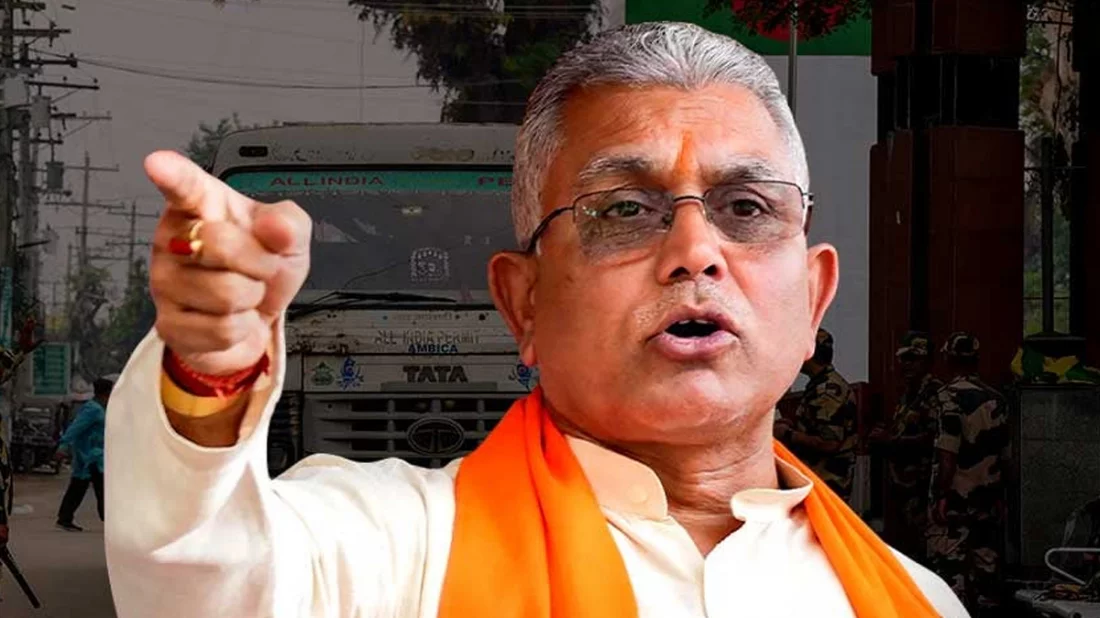
Hasnat Abdullah, leader of the Anti-Discrimination Students Movement, insists that teaching should be acknowledged as a premier profession in Bangladesh. He believes this acknowledgment would attract the brightest individuals to the field. Hasnat Abdullah said that teaching is a profession where individuals shape students, thus teachers must be honored with the highest regard.
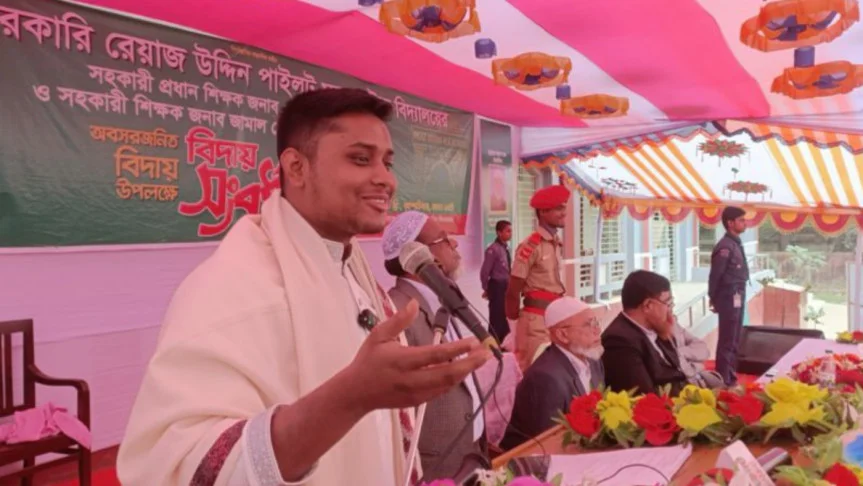
Army Chief General Waker-uz-Zaman visited BNP Chairperson Khaleda Zia at her Gulshan residence, Firoza, on Thursday night. The visit, which lasted about 40 minutes, included the General's wife. He checked on Khaleda's health, wishing her a quick recovery. The meeting was confirmed by BNP media cell member Sayrul Kabir Khan, who noted the visit was primarily to inquire about her well-being.
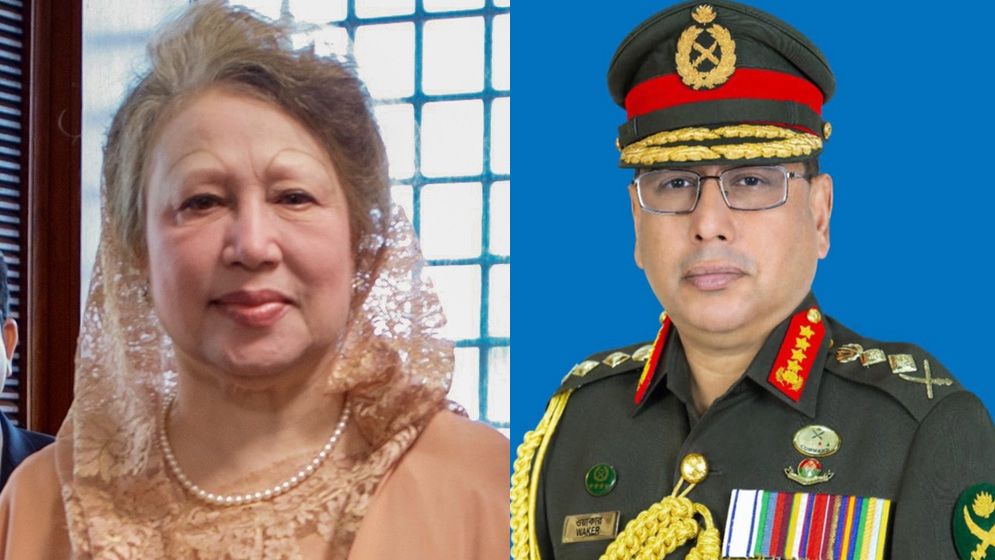
In Lalmonirhat's Patgram border at Dahagram, the BGB intervened when the BSF began constructing a barbed wire fence on December 31st, extending 60 yards into Indian territory near pillar 8/51-S. On January 1st, after BGB's strong objections, the BSF ceased construction and retreated 150 yards back into India. The BGB, led by Lieutenant Colonel Md. Selim Al-Din, confirmed the halt and increased local patrols. Jamil Ahmed, BGB Company Commander, noted they've lodged an immediate verbal protest, and a flag meeting has been scheduled to discuss the matter further, ensuring no further construction occurs.
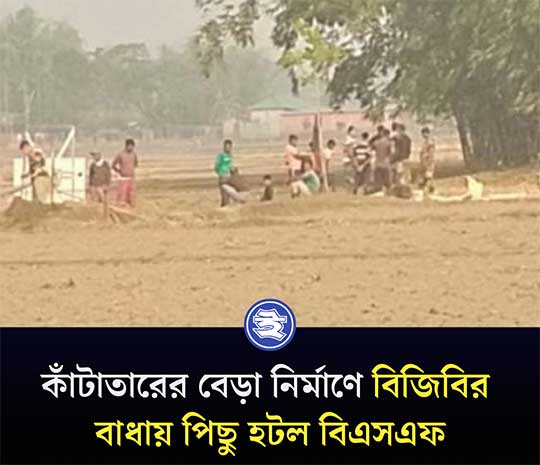
The Washington Post reported on an alleged conspiracy by India's RAW to remove Maldives' President Mohamed Muizzu due to his pro-China stance. After his election, Muizzu aimed to distance Maldives from India, setting deadlines for Indian troop withdrawal and seeking military ties with China. The plot involved bribing opposition lawmakers and funding officials and criminal networks, but ultimately failed as India withdrew support. This incident underscores the strategic rivalry between India and China in Asia.
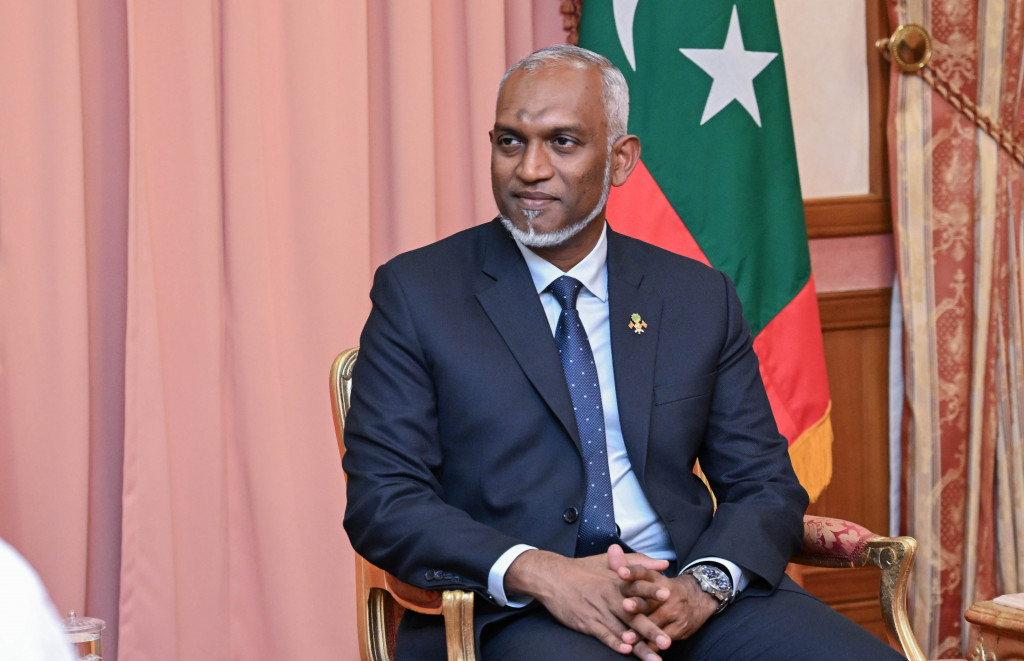
Environmental Adviser Syeda Rizwaana Hasan stated that issuing the declaration for the July uprising within 14 days is not impossible. She emphasized that such declarations are common after an uprising, and the government had wanted it issued through them. Discussions on reforms are ongoing, with the BNP calling for reforms and providing written opinions. The scope of reforms is debated, with some prioritizing fundamental reforms and others elections. The government considers both issues important. The “July Revolution Declaration” was set to be released on December 31.
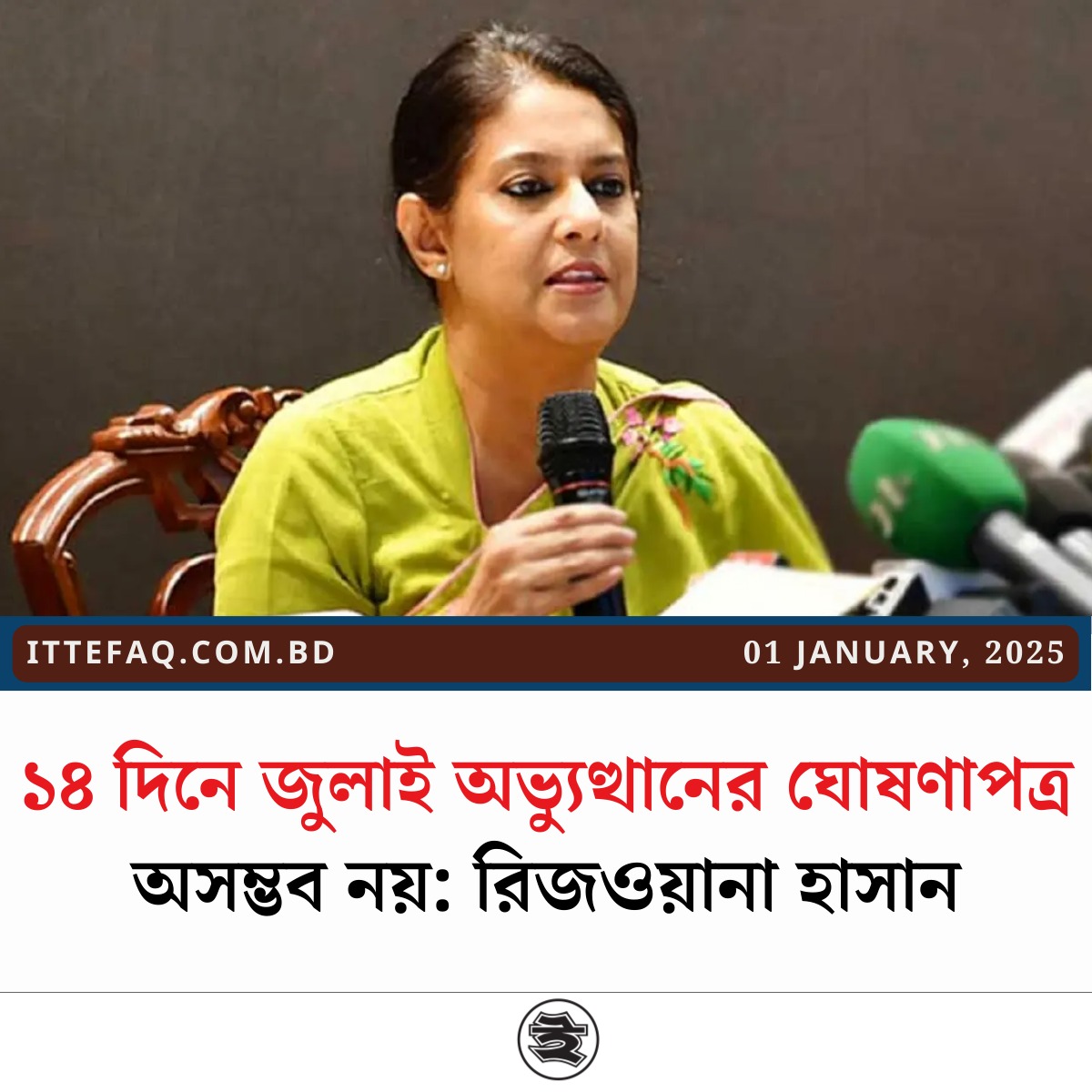
Foreign Adviser Touhid Hossain stated that relations with Delhi will remain normal even if Sheikh Hasina is not returned, highlighting ongoing mutual interests between Bangladesh and India. He emphasized that improving relations with the U.S., China, and India will be a priority in the new year, with a visit to China planned. Hossain also discussed the changing situation in Myanmar’s Rakhine state and the challenge of resolving the Rohingya crisis, stressing the need to ensure their rights and security upon return. He mentioned that discussions on renewing the Ganga water-sharing agreement with India have begun.

The Press Wing of Bangladesh’s Chief Adviser has dismissed a recent Zee News report titled “Operation Octopus Analysis on Muhammad Yunus” as entirely false and fabricated. The report is claimed to be part of a coordinated Indian media campaign against the interim government of Bangladesh led by Professor Yunus. The Press Wing urged people not to heed such malicious propaganda designed to destabilize the country. It also highlighted that after assuming leadership, Professor Yunus invited Indian media to report from Bangladesh, but many Indian outlets ignored the invitation and instead fabricated stories using anonymous sources.
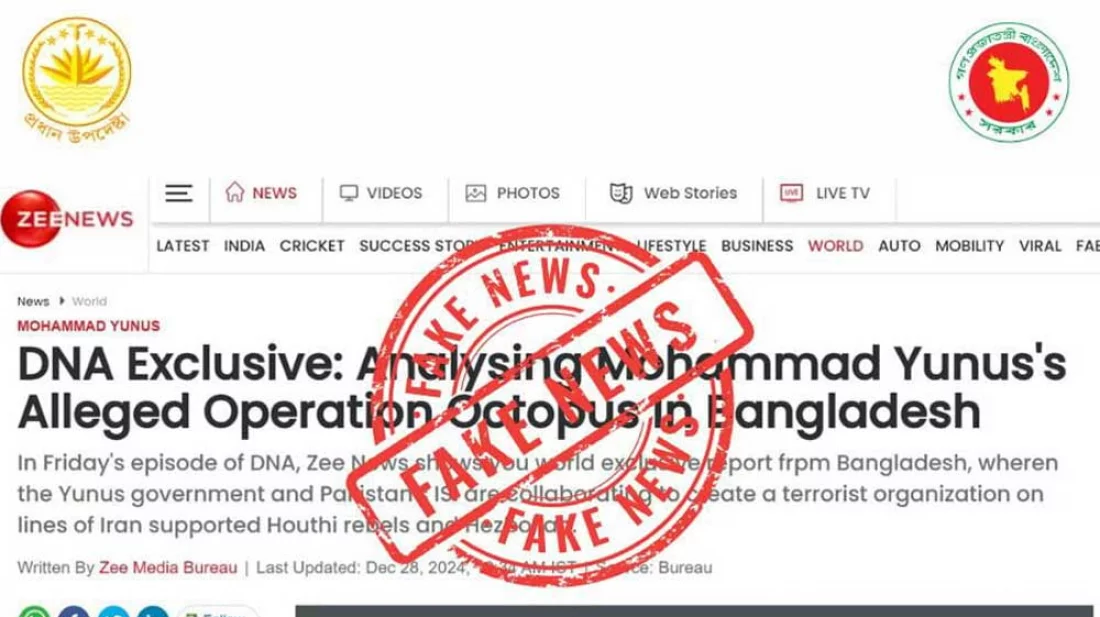
The BNP wants the July uprising proclamation to include 16 years of sacrifices and anti-fascist struggles. While the interim government plans to draft it with national consensus, student leaders’ proposals, such as abolishing the 1972 Constitution, have sparked political tension. The BNP sees the event as a “popular uprising” rather than a “revolution” and prefers a “declaration” over a “proclamation.” Other parties, like Jamaat-e-Islami and the CPB, stress prioritizing elections and reforms. Despite differences, parties agree on documenting the uprising as a historic moment of unity, though debates on its content and process persist.
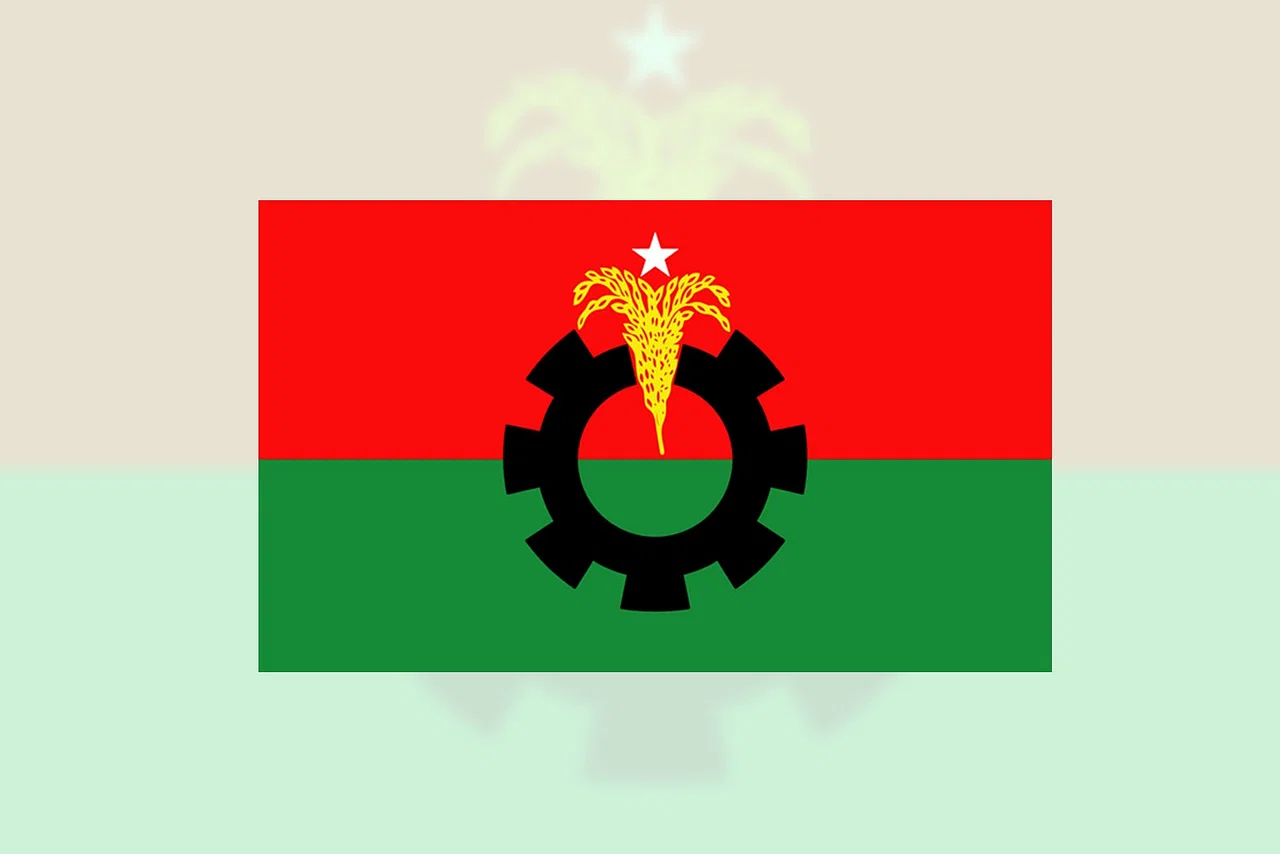
The High Court has directed law enforcement to prevent the use of fireworks, firecrackers, and sky lanterns on New Year’s Eve to avoid accidents. Dhaka Metropolitan Police has deployed 3,000 additional officers, with mobile courts set to enforce the ban. Violations, deemed punishable under the Noise Pollution (Control) Rules, 2006, may result in fines or jail time. Authorities have also urged clubs and the public to refrain from such activities for public safety.

Leaders of the Anti-Discrimination Student Movement and the National Citizens’ Committee have called on the government to announce the ‘July Revolution Declaration’ by January 15. Speaking at a rally in Dhaka’s Central Shaheed Minar, they stressed the need to honor the martyrs and address long-standing injustices tied to the July Mass Uprising.
They criticized the government for delays, urging activists to mobilize public support nationwide. The leaders warned of renewed protests if the declaration isn’t issued by the deadline. They also demanded justice for victims, institutional reforms, and an end to corruption and oppression, envisioning a new, equitable Bangladesh.
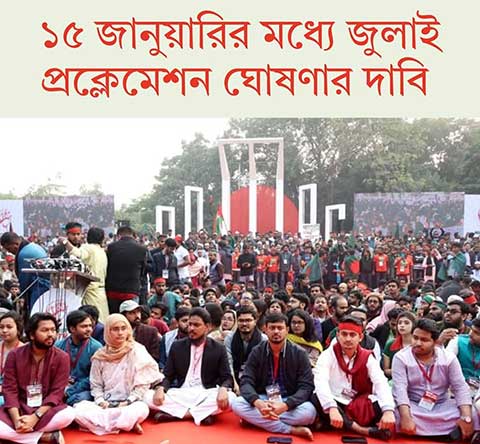
In Mirpur, a clash occurred between supporters and opponents of Sakib Al Hasan over his farewell Test match. A group of Sakib supporters, under the banner of ‘Sakibians,’ protested, demanding that Sakib be given the opportunity to play his farewell Test match against South Africa in Mirpur. They also called for the resignation of BCB President Faruque Ahmed if Sakib is not allowed to play in the Mirpur Test. Around 3 PM, tensions escalated when a group of anti-Sakib protesters confronted the ‘Sakibians,’ leading to a scuffle. Both groups engaged in heated exchanges, and some members from each group were injured during the confrontation. At that time, law enforcement officers detained a Sakib supporter on charges of chanting anti-state slogans. However, the supporter told journalists that he had not chanted any anti-state slogans, only ones in support of Sakib.

Eight individuals were arrested in connection with a robbery at businessman Abu Bakar’s house in Mohammadpur, Dhaka. Among the arrested, five are dismissed members of various forces, while the remaining three are civilians. RAB recovered seven lakh taka along with a gold bracelet and ring. The robbery, which took place around 3:30 AM on Friday night, involved thieves posing as joint force members, looting 7.5 million taka and 70 bhori of gold. CCTV footage has been seized, and a case was filed by the victim, who is in the land and construction material business.
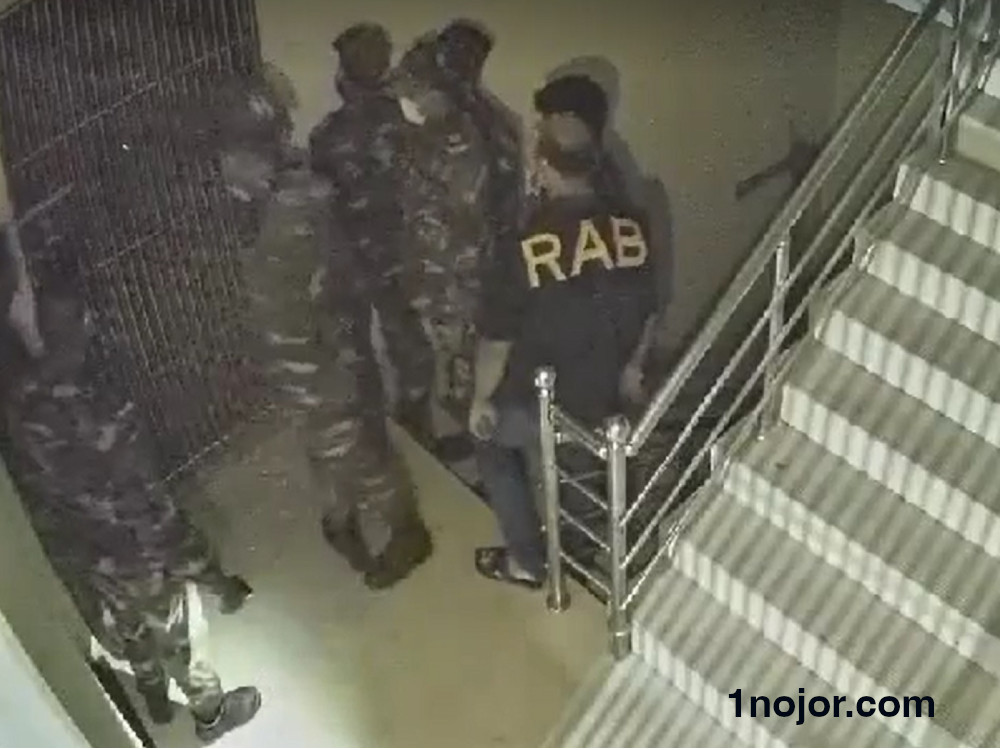
Bin Yamin Molla, president of the Student Rights Council, called for student council elections in universities to promote healthy, merit-based student politics. He emphasized reforming political practices rather than suppressing them, and highlighted the council’s goal of protecting student rights. Formed during the 2021 quota reform movement, the council opposes party servitude and muscle power in politics. Molla was recently elected president in the council’s 2nd assembly.
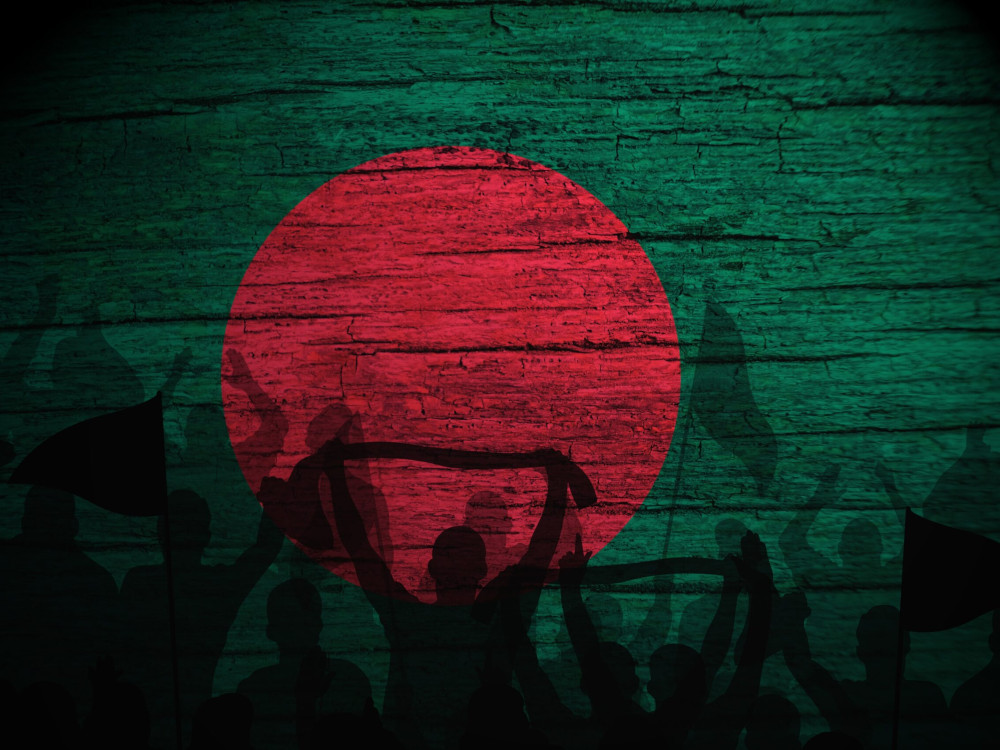
Bangladesh has formally protested remarks by India's Home Minister Amit Shah, calling them objectionable and harmful to relations between the two countries. Shah, at a rally in Jharkhand, spoke about taking action against "Bangladeshi infiltrators." Bangladesh urged India to prevent its leaders from making such comments, which undermine mutual respect between the nations.
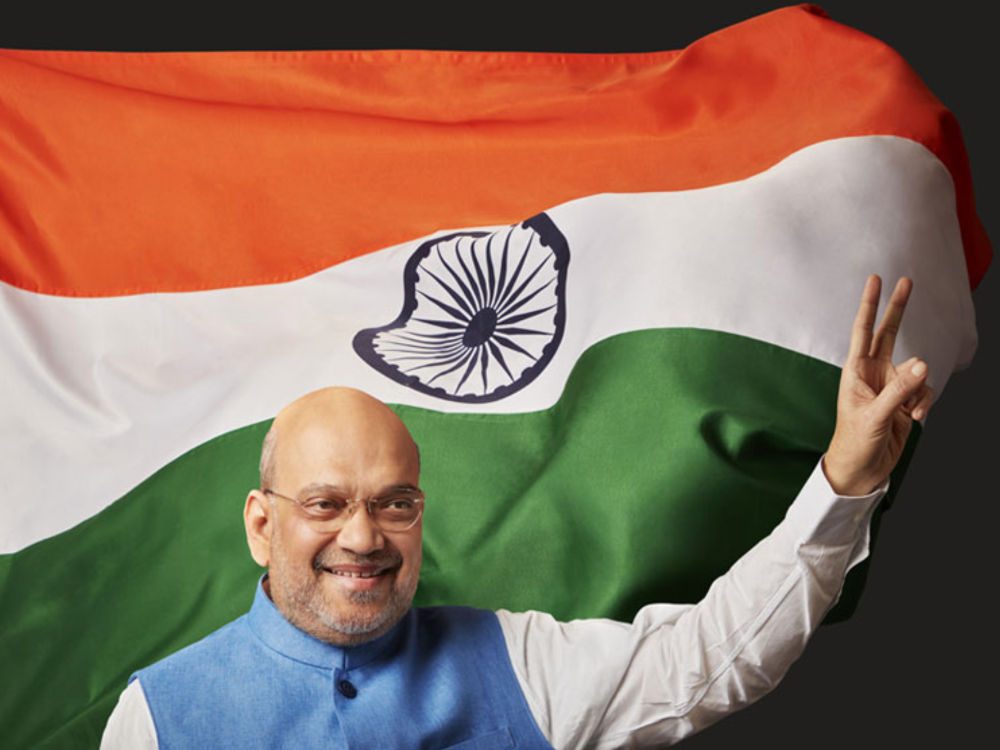
The ‘1 Nojor’ media platform is now live in beta, inviting users to explore and provide feedback as we continue to refine the experience.